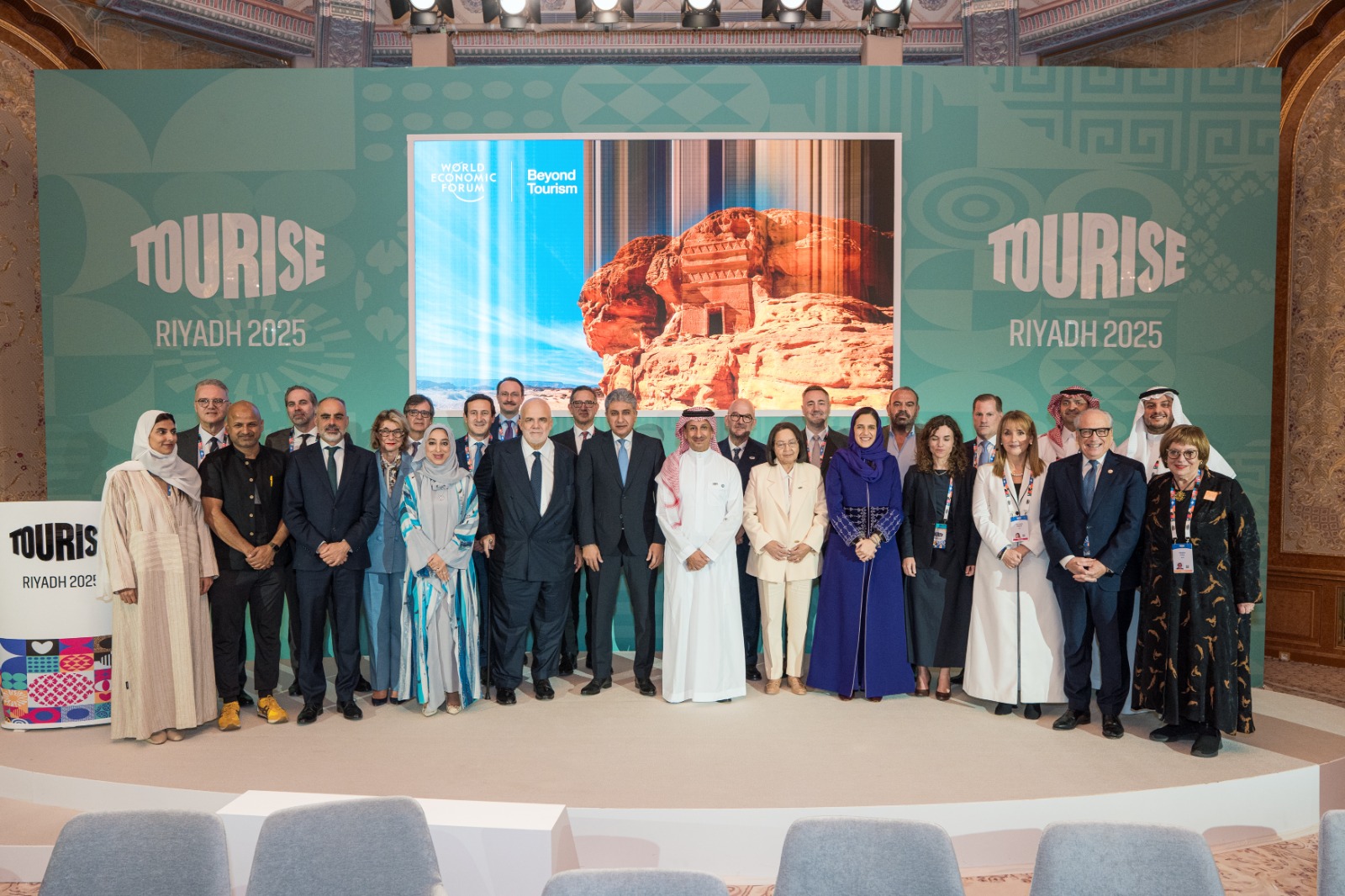
Historically an important trading center, Peshawar lies in close proximity from the Khyber Pass, once part of the celebrated Silk Route, and an important gateway to the Indian subcontinent travelled by prominent conquerors and explorers.
Since most city’s exploration is done during daylight hours, there is plenty to easily fill a space of a few days.
Starting from Peshawar Museum; Housed inside a glorious Victorian Mughal-Gothic building across the tracks from the Old City, nowhere else in the world is there a collection of Gandharan art more extensive than that of the Peshawar Museum,
ranging from statues and friezes depicting the Buddha’s life to winged cupids and Herculean heroes.
Moreover, there’s a small Islamic collection with some delightful illustrated books, and an ethnographic section with wooden effigies taken from a Kalash cemetery, including an ancestor figure riding a two headed horse.
Islamia College; built in the year 1913, is the oldest institutions of higher education in Pakistan, also traces its historical roots from Aligarh Movement. Located on Hawal Road, the grounds of dramactic historical building are open to the public, allowing anyone to relish the glory of its Victorian architecture and tranquil, green premises.
Next is the splendid Mahabat Khan Mosque, commissioned under Mughal emperor Shah Jahan, and renovated in 1898, is a sunny example of 16th century Mughal architecture, with its ornate interior and courtyard water reservoir especially inviting to visitors. The beautiful mosque is located at west of Chowk Yadgar, Ander Sher Bazaar.
The Cunningham Clocktower, known locally as “Ghanta Ghar”, sits a mere couple of hundred meters away from the Chowk Yadgar, inaugurated in the year 1900, to commemorate the Diamond Jubilee of British queen Victoria.
Going towards the old city, where I suggest don’t risk driving yourself, it is The Sethi Mohallah within the walls of Peshawar’s old town contains rare examples of Central Asian-inspired architecture, building constructed by the once prosperous trader family. The intricate woodwork and carvings, along with ornamental interiors and stained-glass windows and ceilings, make for a fascinating look around.
Bala Hisar Fort; The impressive fort was once the seat of Afghan Durrani royals; ownership was transferred to the Sikhs in the 19th century, the fort eventually being rebuilt by Britain to achieve the look it has today. Bala Hisar now houses the paramilitary forces of Pakistan and an on-site museum is open to the public. Also, there’s a view point, or you can say highest point of the fort, from where one can have the luxury of viewing the whole Peshawar.
Apart from the must-dos of Peshawar one unusual attraction is the 1920s Khyber Railway, trips on which are only possible by prior appointment. Depending on their planned time of travel.
I guess it’s enough of discovering, now let’s jump on the food points of the city. Meat is an essential constituent of Peshawari dining, which comes in two main configurations: as tikka (barbecue) or karahi (a variety of spicy curry). A common way to order is to select the variety and amount of meat, and have it cooked in your presence. Other typical regional dishes include chapli kebab, fried fish, Kabuli palaw, and further Pashtun specialties. If you’re sensitive to spice, make sure to indicate your desired levels of heat when placing an order.
The famous Namak Mandi where meat is ordered by the kilo, diners’ selection then sent straight to the open kitchen to be cooked to their liking before their very eyes. Transparency is certainly part of the appeal, and so is the traditional ambience and authentic cuisine of Peshawar, where meats are cooked on low heat and full of taste and flavors.
Moreover, for a BBQ feast or special Peshawari taste, the area is also known for Hujra Restaurant located on Ring Road.
Bukhara, at Pearl Continental Hotel; The rooftop barbecue restaurant is one of the finest dining in the entire city, offering panoramic views, live music, and traditional floor seating for those who prefer it. Both a la carte and buffet service are available.
And city’s favorite eating place is Jalil Chapli Kebab.
There admittedly isn’t much in the way of nightlife in Peshawar. The city’s most common evening pastime is dining, with many restaurants staying open until late in the night.
Shopping is an art form in Peshawar, where avid bargain-hunters will feel right at home. Haggling is well-expected at markets and is even acceptable at some shops where prices appear to be fixed. Items to look out for include traditional sandals, Afghani woolen hats, pottery, brass and copper wares, quality fabrics, woven rugs, and a lot more.
A city’s busiest shopping area across Pakistan is often known as “saddar”, Peshawar being no exception. The array of shops and vendors is simply staggering and may prove overwhelming to the unprepared visitor.
Kabuli Gate is where The Khyber Bazaar becomes Qissa Khawani, or the “street of storytellers”, is where traders and travelers of old shared tales of grand adventures in foreign lands, hence it’s the poetic nickname. Much has changed since, however Qissa Khawani remains a vibrant market street, where clothing, teas, spices, crockery and metal houseware are still sold. Also, there is Dilip Kumar’s ancestral residence and Raj Kapoor’s Kapoor Haveli situated here.
Ander Sher is best known to get quality jewelry including pieces featuring authentic precious stones, it is a popular market with an abundant offering of various ornaments.
The Smugglers Market or Karkhano Market located on Jamrud Road has gained notoriety for the weapons and opiates sold in its closed-off-to-foreigners far end. You can find a variety of stuff; however, I endorse to travel with a local.
It’s much to explore in the city, from history to culture, art to aesthetics and from hospitality to love.





